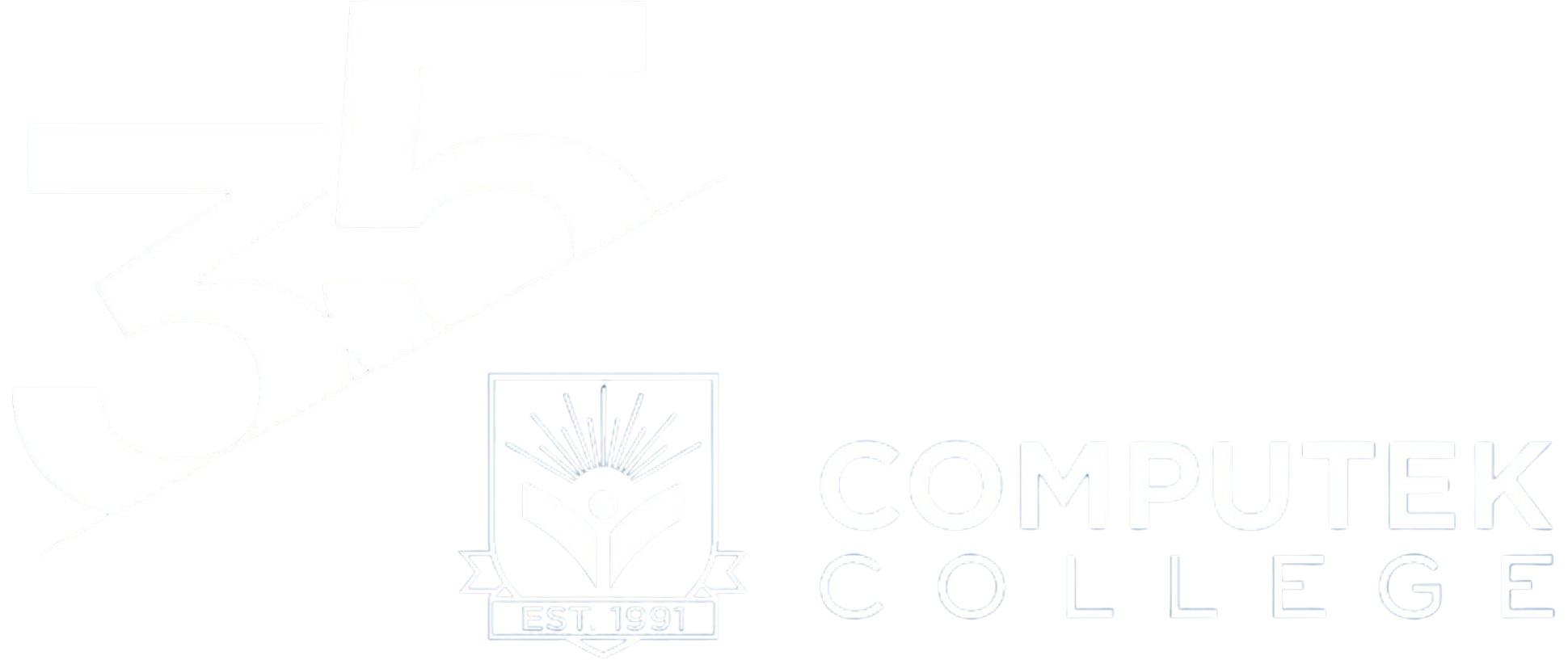No matter how good a manager currently is, they all had to start somewhere. Unlike other career paths, getting a management position doesn’t necessarily have an exact guide. Some people can fall into it, and some people work their way up, but there’s one thing that’s certain—every industry needs managers. Whether you’ve just started wanting to be a manager or have been working towards it for a while, here are four essential tips to help you get that first manager job.
1. Excel at What You Do
The first step in landing a management role is to excel in your current position. Now, you don’t necessarily have to be the best in the company at what you do; there can be others who are more proficient or have better technical expertise than you. For example, there might be an excellent programmer in the company who may not make the best manager. However, it’s a safe bet that the current manager used to be a capable programmer, which alongside other managerial skills, qualifies them for the position.
2. Develop Your Leadership Skills
Some people can be natural leaders, and others, not so much. Whichever one you identify with, the skills, leadership styles, and qualities of a good manager can always be learned. A good way to start is to determine what the managers in your organization currently do. Study their leadership styles and relationships with everyone else in the organization. This will help you get an idea of the type of leadership you might find most effective. In addition, read books on management and leadership, listen to podcasts, and most importantly, interact with any managers you look up to. Don’t be afraid to ask questions—it’s the fastest way you’ll grow.
3. Focus On Foundational Skills
Management positions often require a particular skill set to help them excel in the role. It’s essential that you understand these skills and cultivate them as much as possible before you get your first manager job. These skills typically include:
- Technical and Organizational Skills: Management positions will usually require some understanding of computer software to track team performance, which also requires you to stay organized.
- Critical Thinking and Analytical Skills: Evaluating current performance, strategizing for growth and improvement, and predicting future risks are essential parts of being a manager.
- Interpersonal and Communication Skills: The single most important skill for anyone in a management position is, of course, the ability to manage people. Learning how people think, function, and react is important for the future of the team, organization, and people.
- Delegation and Problem-Solving Skills: No manager can escape facing problems; it comes with the job. What defines a good manager is your response to the problem. Knowing how to effectively solve problems and delegate tasks will significantly impact the success of your team and career.
4. Show Initiative
If you just stay at your desk and work hard, you’re going to find it difficult to get a management job. Show that you’re ready to grow by asking for additional responsibilities and learning as much as you can to help support others in the organization. This shows others in the company that you have the motivation, skill, and drive to thrive in a manager role. Want to learn all the skills you need to be a great manager? Try Computek College’s Business, Operation, Sales, and Strategy (BOSS) Postgraduate Diploma Program! Call us at 416-321-9911 or visit our website to get started.








